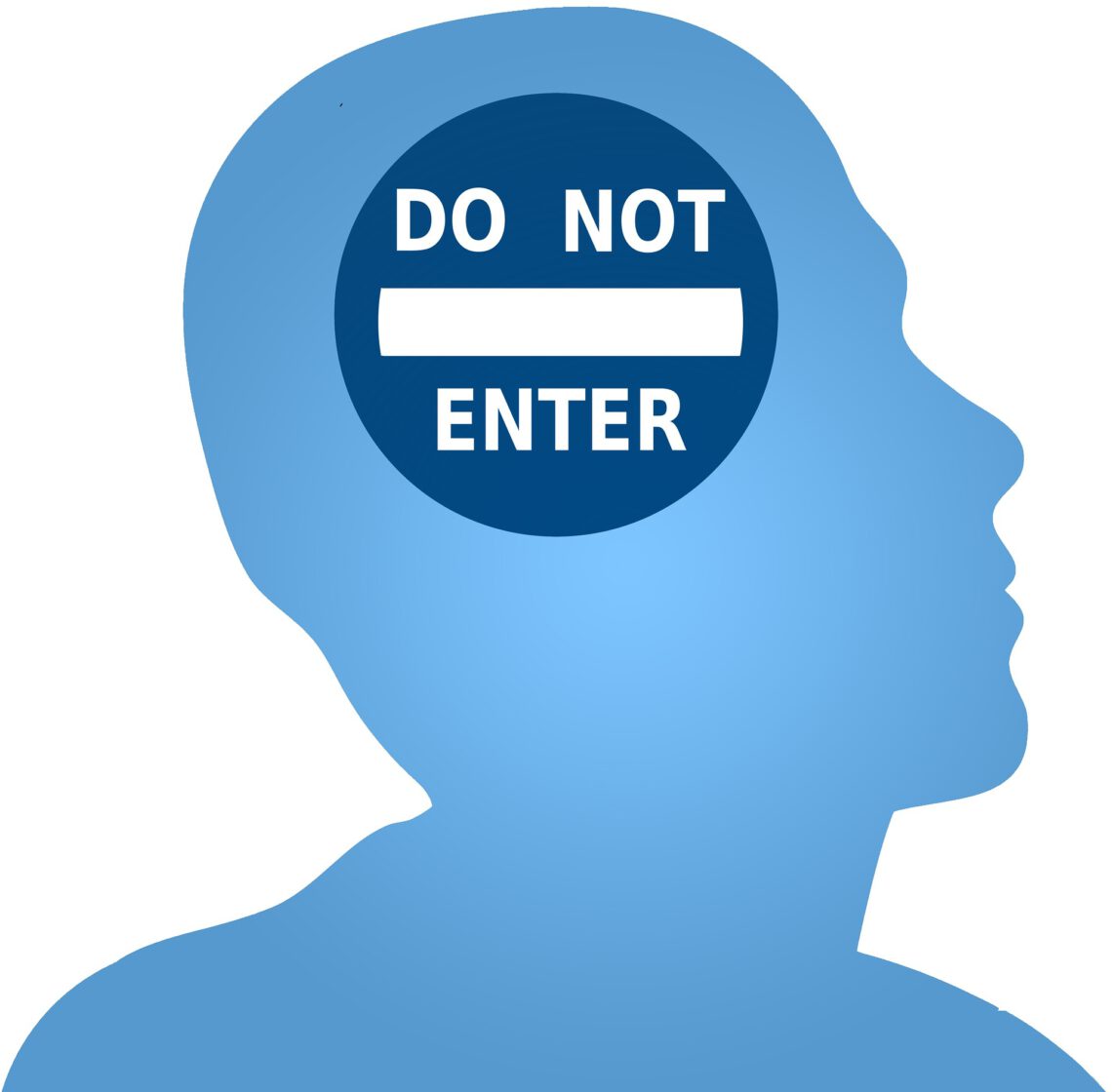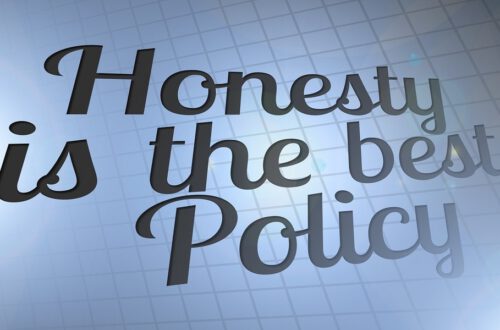
Self-Disclosure And Me.
Self-disclosure is a touchy subject in many ways. On a personal level we run huge risks letting other people know who we are because it provides them with chances to reject and harm us. On the same level, if we don’t let other people into our personal world, we run the risk of becoming isolated and depressed.
Therapists are told the first task they face in therapy is to establish a good rapport with each client. We must get good communication happening and, to do that, we must gain the clients trust. The aim is to get close enough to the client to get a clear picture of what life is like for them, how they see things, how they interpret things, what is working for them and what is not. What are their strengths? How can I help them use those to overcome any weaknesses? What are they doing that might be causing them problems?
The better I know a client and his or her world the easier it will be to see what they need, what might help, and how I can be of best use to them. It’s not easy for a client to let me get that close to them and I know it. I am asking them to trust me with their deepest selves and that is risky for them. Such trust is a big thing to ask from people.
The general rule for me, and any therapist, is that “therapy is about the client not me so self-disclosure should be kept to a minimum”. There are extremely good reasons for this rule and, in general, I agree with it.
The last thing a client needs is to listen to a therapist talk about their own problems.
Clients are also likely to be very vulnerable when they come for therapy. How can I be sure, if I tell them things about me, they won’t feel they have to help me somehow or think I have a hidden agenda for telling them that stuff? How can I be sure they won’t read more into my self-disclosure than I intend and start to believe we have a relationship that goes beyond therapy into some place my ethical obligations forbid me taking a client? How can I be sure I won’t forget my ethical obligations and get too close to the client thus taking advantage of their vulnerability?
It’s just as risky from another perspective too. The last thing a therapist needs is a client who says “all she did was moan about her own problems” if you say a single word, literally, about yourself! There is also a risk the client will reject me or try to use information I give them about myself to harm me.
One of the major obstacles to good mental health, however, is an inability to connect to other people in positive ways. Sometimes people have nobody in their personal lives they can do that with. They may come from an abusive or uncaring family and have failed to make good, supportive, friendships for example.
A client can learn good communication techniques in therapy. A therapist can teach mediation, assertiveness, anger management, how to control problem thinking and a whole range of other useful skills. They can even create a safe place for the person to practice the new skills. Traditional therapy has a lot to offer but some people find the refusal of their therapist to self-disclose off-putting.
Some frequent complaints about therapists are that they are arrogant, aloof, evasive, too impractical and intellectual. People feel they have gone there for help and just been told they have to fix the problem themselves by someone who seems to have never had a problem in their whole entire life. There is a feeling that, if I pay the sort of money these people ask, I should get my problem solved for me and quickly!
If only it were that easy! I have my own personal therapist living inside my head and available to me 24 hours a day but changing is still not easy.
Imagine the shock a client would get if I told them that? Now imagine the hundreds of different ways that information could be interpreted! For one person it would seem to be an admission that therapy cannot help, another would interpret it as meaning I’m a useless therapist. There would be some who would jump to reassure me that this is nothing to be worried about whilst others would take the opportunity to rub salt into the perceived wound by telling me that explains why I have been unable to help them. Some would go away and complain that I told them my troubles instead of listening to theirs and others would go away and say I was the best therapist they ever saw. Some would take comfort from knowing their efforts to change could still bear fruit and yet others would feel my admission proves change is too hard and not worth the effort.
Some people would think I was the best therapist for making such an admission and others would think I was the worst.
Self-disclosure is a pit with many sharp sticks in it so most therapists play safe and stay out of it. I do too in my professional life.
Some years ago, however, I began keeping an anonymous diary in which I let people see who I am behind the professional mask. I wondered if I would still be able to help people even if they knew about all my faults and flaws. To my surprise I discovered they found me even more helpful because finding out the reasons why their therapist never self-disclosed made them feel better. Finding out there are real people with real problems behind the masks they were interpreting so negatively made some people go back to their therapists and made others decide to seek the help they needed.
One of the best ways to help people do something they find difficult is to role-model it for them. In other words you show them how to do it by doing it yourself. Much of what I try to help people learn I have had to learn the hard way myself. In some cases I am still learning, still struggling, still failing. Some people took heart from reading about my journey and it is for people like them that I am writing this blog. This is for the people who will find my self-disclosure helpful but it is also for me.
One of the most insidious, longest lasting, most damaging effects of being abused as a child is the conviction that, if people really knew you, they would not like you. I have learned that it doesn’t matter who you are — some will like you and others will not. I find baring my inner self to people who accept me is therapy for me. I have reached a place where I feel strong enough to be me without the mask of anonymity.
The people who come to this blog are not my clients. They are my readers. Some may decide to ask me for help once that section of my site is working but they will not be my clients. They will be fellow life travelers seeking a tip or two from someone who might have some useful pointers for them.




